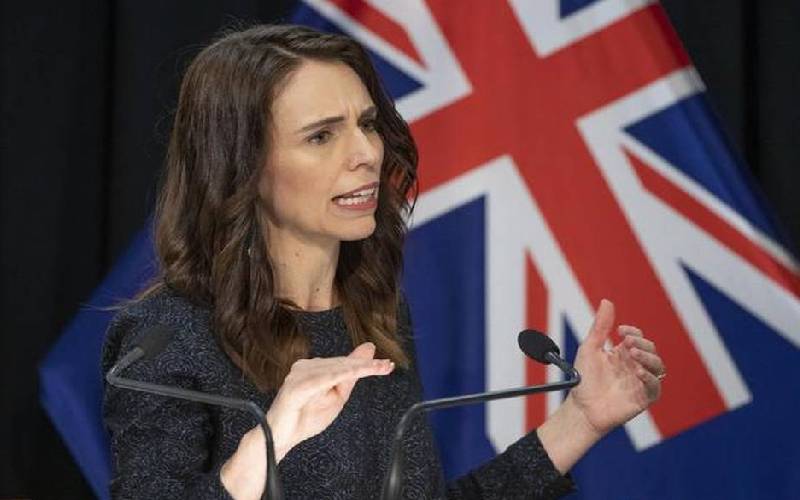×
The Standard e-Paper
Stay Informed, Even Offline

New Zealand Prime Minister Jacinda Ardern speaks during the Covid-19 update at the Parliament Buildings in Wellington, New Zealand. [ Courtesy]
The Covid-19 pandemic is one of the world's biggest challenges this century. With global infections at more than 7.8 million and with more than 430,000 deaths, the battle to contain it is far from won.